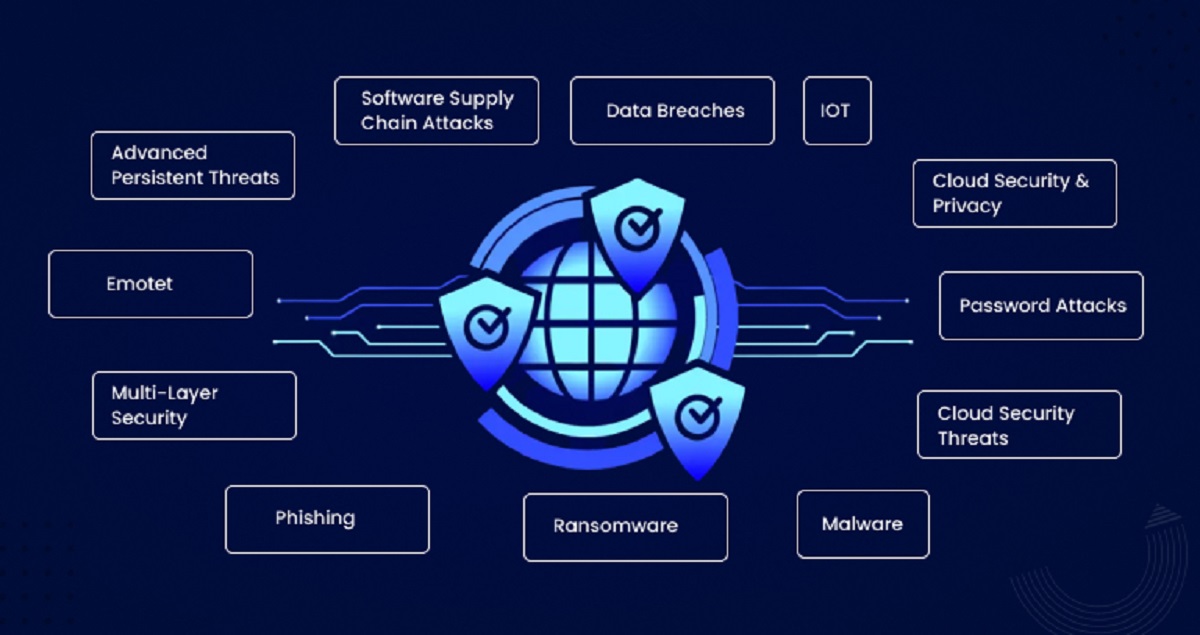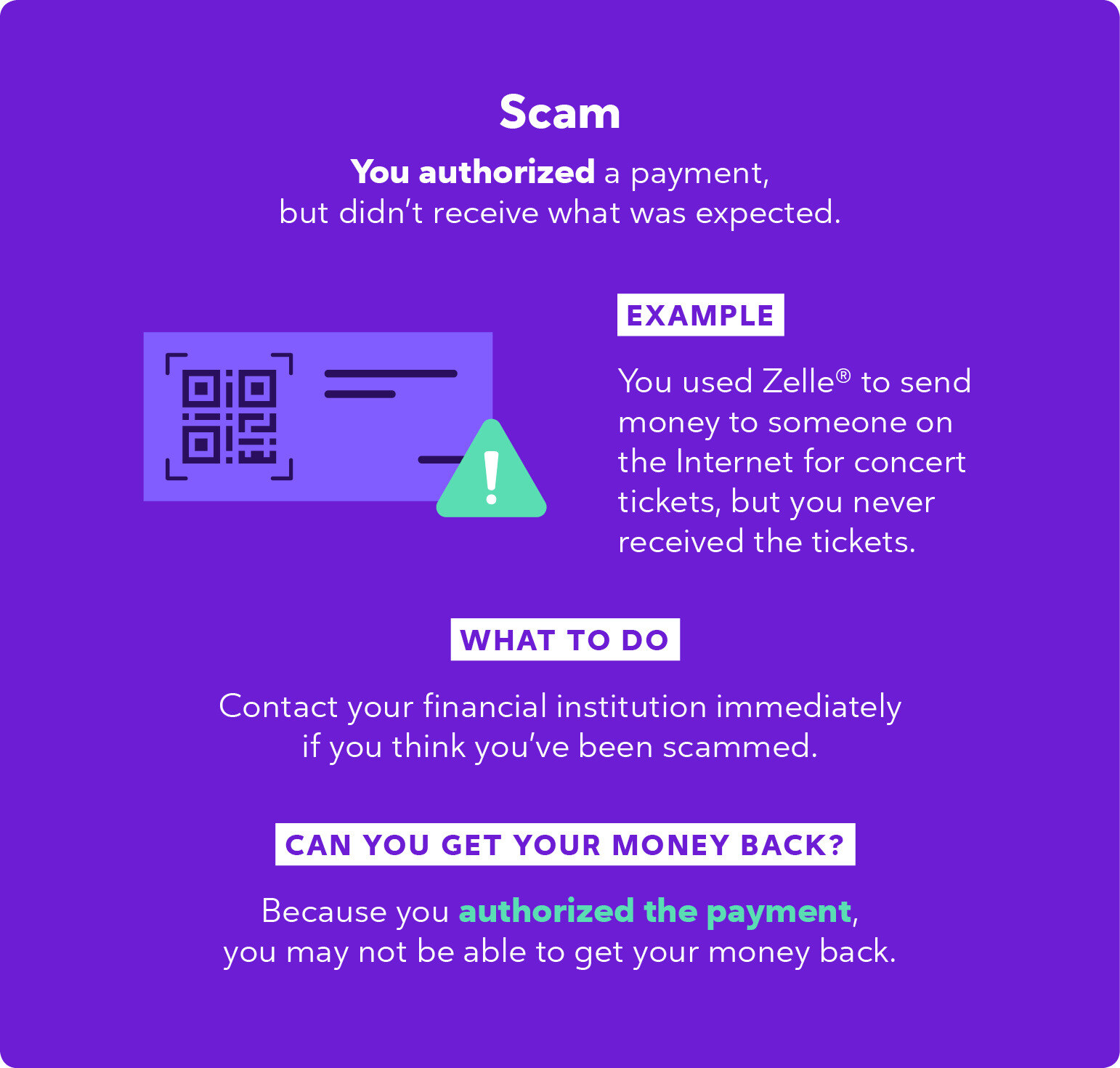For many of us, daily online activities feel routine, with little consideration for potential dangers. Unfortunately, scammers excel at exploiting our trust and openness on the internet. Social engineering is their key method, involving deception to extract personal information or money. Recent scams serve as examples to understand these tactics and reinforce the importance of vigilance in navigating the online landscape.
Look out for the following online scams in 2024 and find the ways to avoid them.
Top Online Scams of 2024
1. Easy Online Job Scams
Beware of job scams during the peak job-seeking months of January and February. According to ExpressVPN, scammers exploit the eagerness for easy, well-paying opportunities, often targeting those seeking flexible or additional income. A recent graduate fell victim to a data entry scam promising quick, high-paying work with no experience required. The job turned out to be a sham, leading to identity theft after the applicant shared personal details.
To protect yourself, thoroughly research job offers, checking for official websites and authentic reviews. Be cautious of flattering recruitment emails, and only click on links from trusted sources. Avoid providing personal information upfront, as phishing scams are prevalent. Stay vigilant to ensure a legitimate job search experience.
2. Impostors
Impostor scams involve scammers posing as trusted individuals, like claiming affiliation with the FDIC, to deceive victims into sending money. These schemes employ various communication channels, including emails, calls, and social media. The messages may request sensitive information or offer assistance in fraud-related matters.
It’s crucial to recognize that government agencies never solicit money or personal details unsolicited, nor do they make threats or demand payment through unconventional means like gift cards or digital currency. Stay watchful against false claims, such as unpaid debts or legal repercussions.
3. Online Dating Scams
The surge in romance scams is concerning. Engaging with someone online may seem genuine, but catfishers use fake identities, often accompanied by authentic details, to deceive. Be cautious if your online connection quickly expresses strong emotions, swiftly transitions to private channels, or seeks money for supposed personal crises. These scammers exploit dating apps and websites, posing as trustworthy individuals while hiding behind fake photos and contact information.
To protect yourself, avoid sending money to online acquaintances and ensure offline connections before doing so. When meeting in person, inform someone you trust about your plans for added security.
4. Charity Fraud
In the aftermath of natural disasters or public tragedies, scammers exploit the desire to help by creating fake donation sites. They use emotional pitch emails to collect funds that never reach victims.
Combat charity scams by scrutinizing websites; genuine charities have strong sites with mission statements and tax-exempt documentation. Verify their legitimacy on public databases like Charity Check, CharityWatch, BBB Wise Giving Alliance, or Charity Navigator before donating to avoid falling prey to scams.
5. Fake Virus Warnings and Tech Assistance Scams
Tech-related scams prey on our fear of data loss and downtime. The latest tactic involves fake virus warnings, claiming your device is infected and urging a call to a support hotline. Falling for this, users disclose credit card info or grant remote access, risking data theft or malware. Some scams even feature a smartphone-triggered call button.
To avoid this, rely on official support channels from your security provider, listed on their website or packaging when facing tech issues. Stay cautious to thwart these scams.
Wrapping Up
Protect yourself from evolving online scams with these tips:
- Exercise caution online; don’t share personal info in response to unsolicited requests.
- Steer clear of “free” offers; they are often scams.
- Verify messages from banks, credit card agencies, or the government by calling directly.
- Prioritize reputable sellers and check reviews before online purchases.
- Maintain updated comprehensive security software for enhanced protection against evolving threats.

























